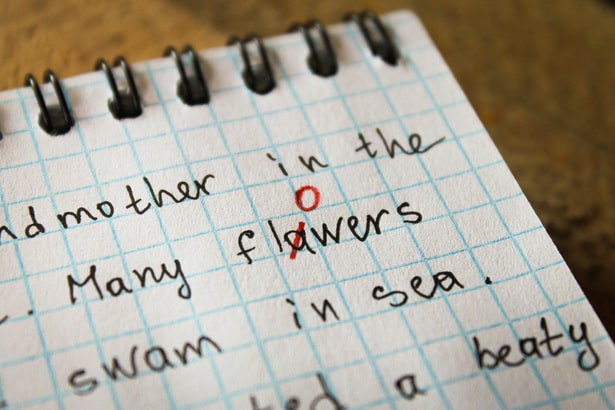- When studying a foreign language (as well as anything else for that matter) it is absolutely OK to make mistakes. On the one hand a student should not be afraid of making mistakes, on the other – a teacher should not treat mistakes as a problem. On the contrary, a teacher should encourage students to make attempts to start a conversation.
- Most of mistakes during English lessons occur because students tend to translate (why it is a bad idea read here) whatever they want to say from their native languages into English. Let’s imagine the following situation (which can hardly happen in real life): a person speaks English fluently, it’s impossible to detect any accent, his/her intonation is perfect, but still, a native speaker identifies the person as a foreigner. How? By the facial expression? It’s unlikely. The Devil is in the detail. See top 8 mistakes in English made by Russian speakers below.
- 1. Feel myself. This is the most frequent and the «funniest» mistake. When speaking Russian the word myself is necessary in sentences like this: «I feel well today», whereas in English the meaning of the same sentence with myself becomes, well, awkward. Anyway, just type feel myself into Google search and look for pictures. Probably, you will never make this mistake again.
- 2. Very like. People often say «I very like rock music». It’s a mistake. The word order in the English language is fairly strict. So, possible options are: «I like rock music very much» or «I really like rock music». The same goes for much of a muchness like «very terrible» or «very enormous», where very should be omitted and can be substituted for really.
- 3. I am agree. This one is pretty basic: agree is a verb, so it works just like any other English verb (I agree/disagree with you). This mistake occurs because in Russian agree is an adjective.
- 4. I cut my hair. This mistake is not quite as obvious as the previous ones. It seems to be OK for a Russian-speaking person. The thing is, if you say a sentence like this in English, it’ll mean that you were the one who sat in front of the mirror, took scissors and cut your own hair. Probably, this is not how it happened. Probably, you paid a barber to do that. That is why you should use to have something done, which means that somebody does something for you. The sentence «Yesterday I had my car washed and I had the oil changed» sounds just fine.
Most of mistakes occur because students tend to translate whatever they want to say from their native languages into English
- 5. I am normal. If you answer this to the question «How are you?», a native speaker will definitely disagree with you, thinking that you are quite weird. Just say «I’m fine» or «I’m OK» and don’t forget to ask the same question. By the way: in Russian it is perfectly fine to ask somebody to bring you some tea just by saying «Pour me some tea», it doesn’t sound rude at all. Although, when speaking in English you have to say something like «would you mind», «could you» or at least «please».
- 6. There isn’t enough place in the closet. This is a vocabulary mistake. In Russian the word «mesto» means both place and room. In English, however, you can say place in a sentence like this: «Moscow is the most interesting place I’ve ever seen», though room should be used in the meaning of space, for example: «I’m afraid, you can’t come with us. There isn’t enough room in the car».
- 7. We and my girlfriend went to the movies. If you say this, you will have to answer a «who was the third person?» question. Don’t be surprised. Saying this sentence in Russian, you mean that there were you (the speaker) and you girlfriend. In English it means that there were you, you girlfriend and somebody else. You should say: «My girlfriend and I went to the movies».
- 8. Not at all. Forget this response to «thank you». It sounds very formal and old-fashioned. The most popular responses are «No problem», «You are welcome» and «Sure». «Don’t mention it» will also do the trick, though it sounds a little more formal. «No sweat» is an example of a very informal response.
- Surely, this is a non-exhaustive list of mistakes in English made by Russian speakers. Don’t let this discourage you. As we said before, making mistakes is absolutely OK. Get rid of them through attending English lessons by Skype!




